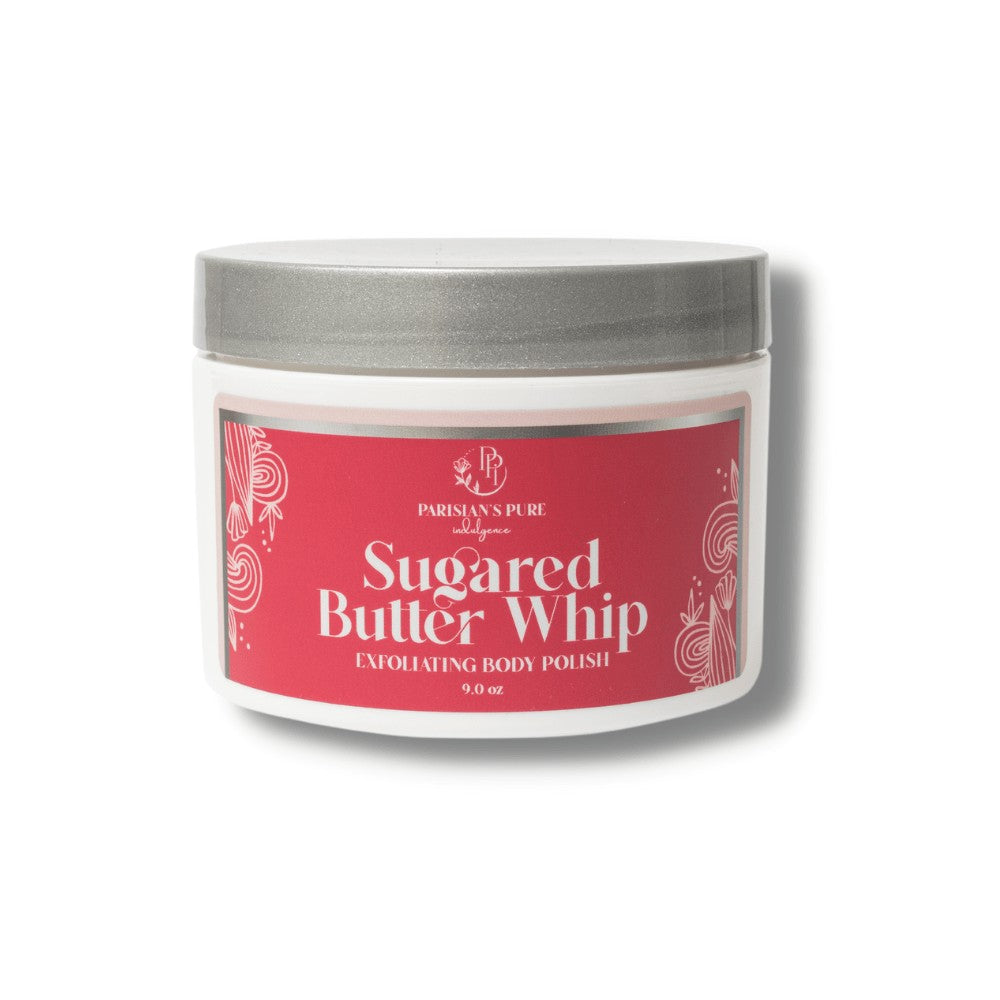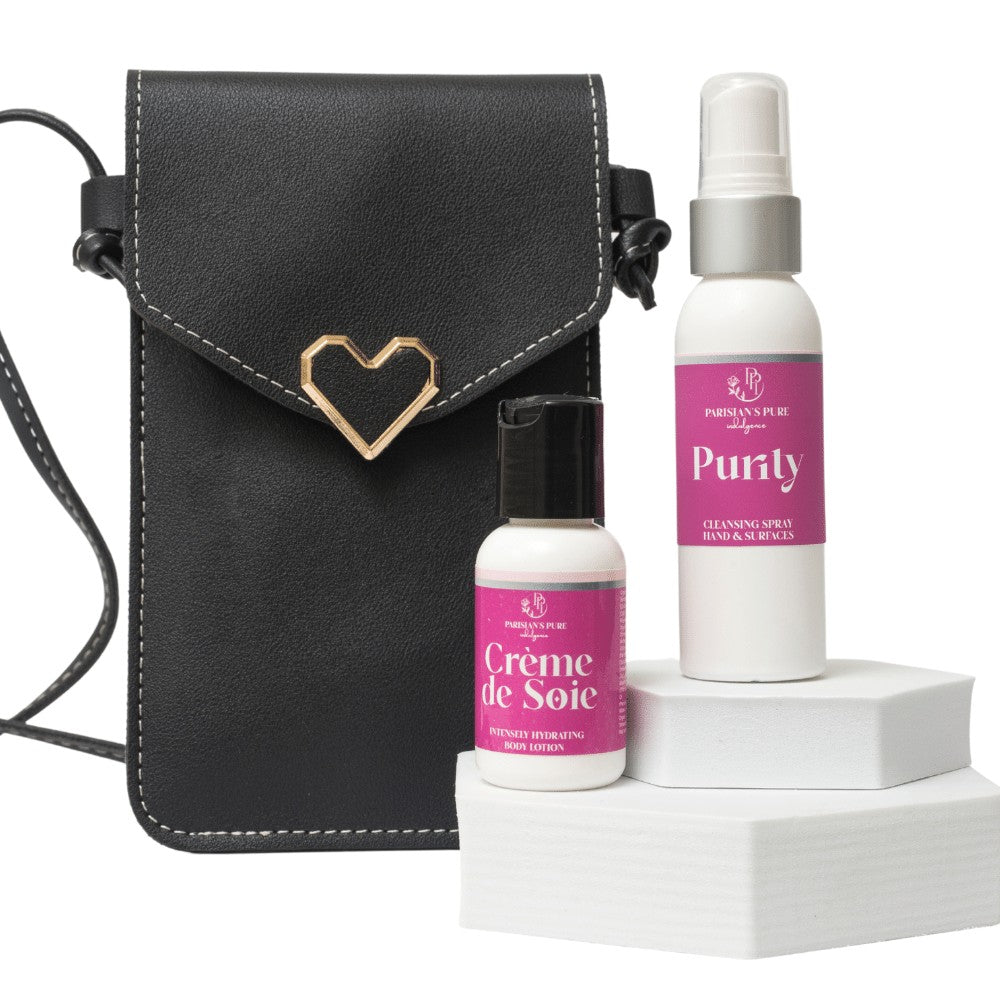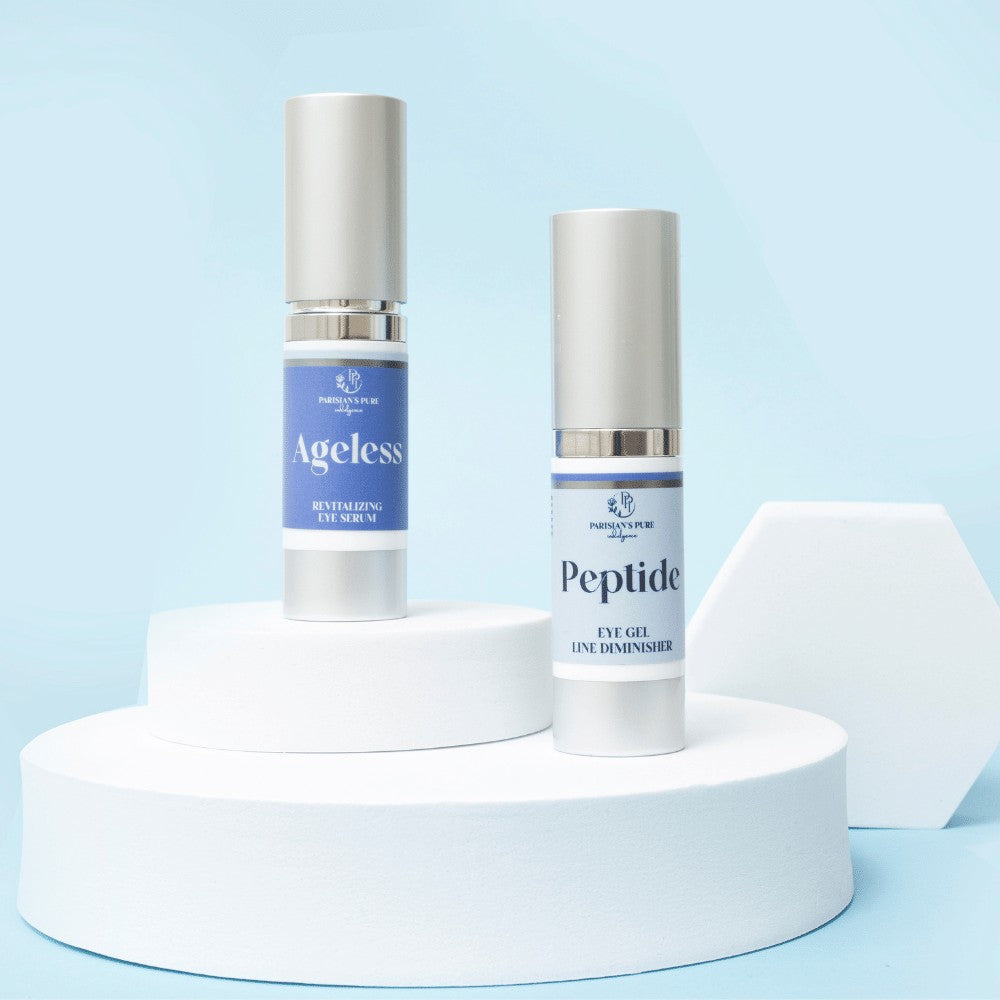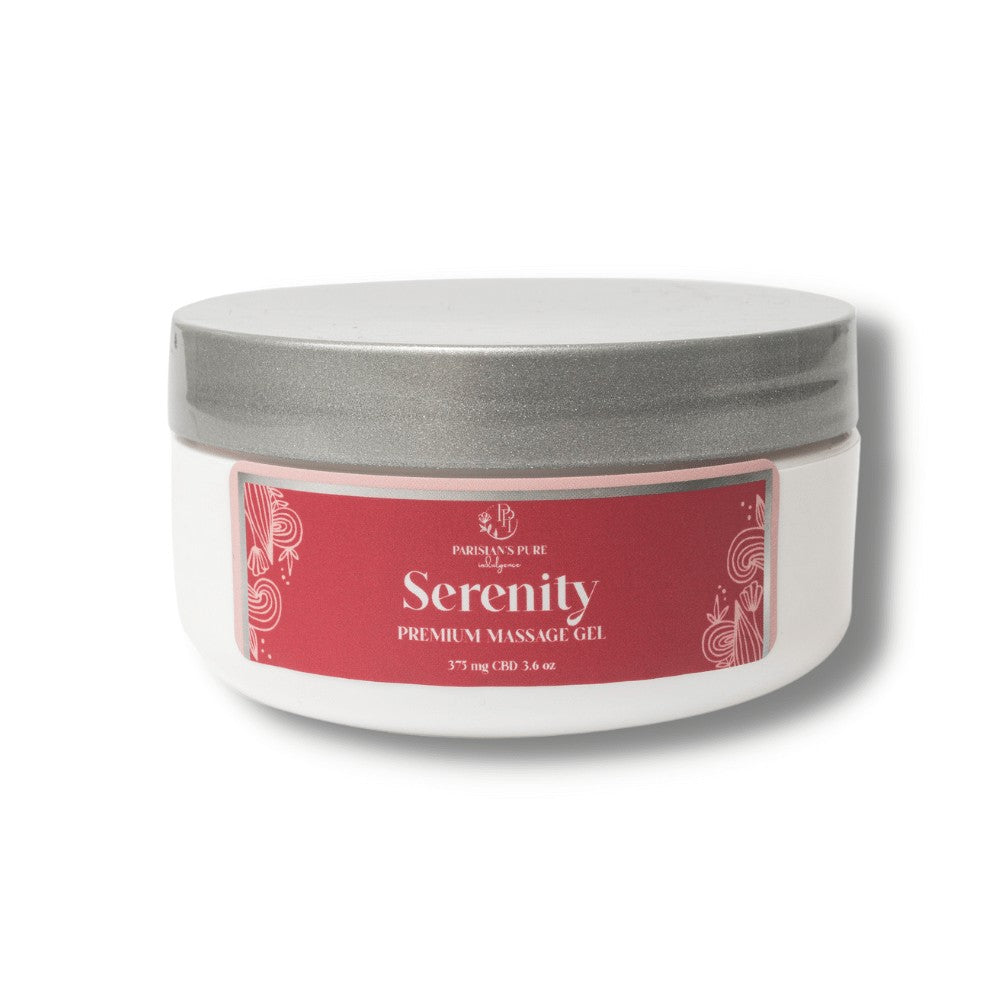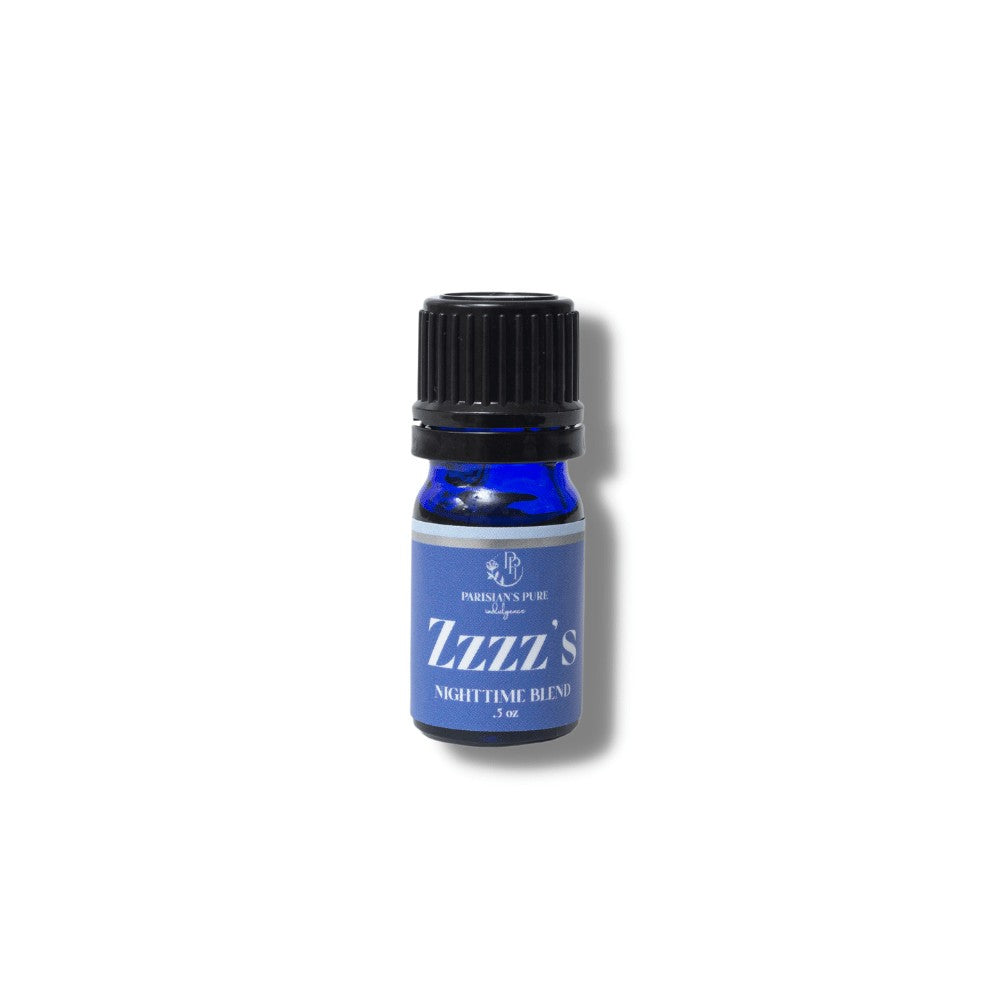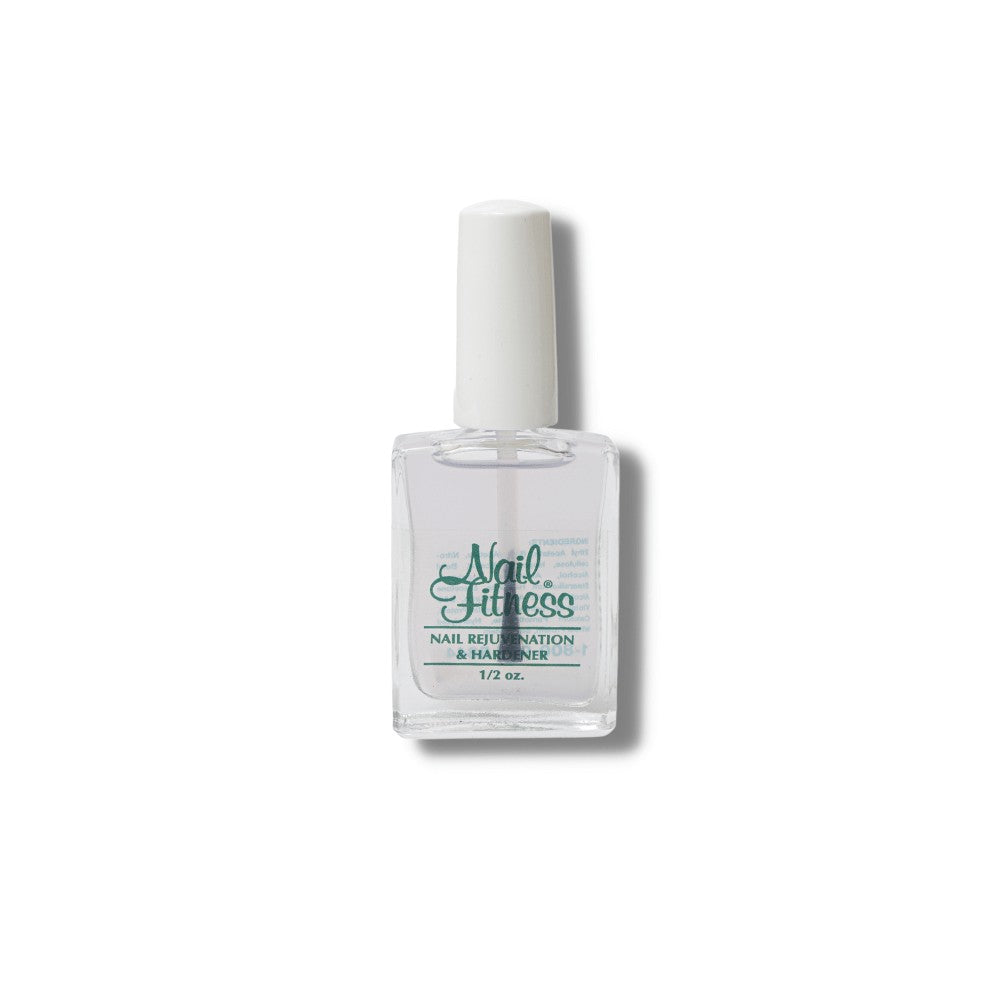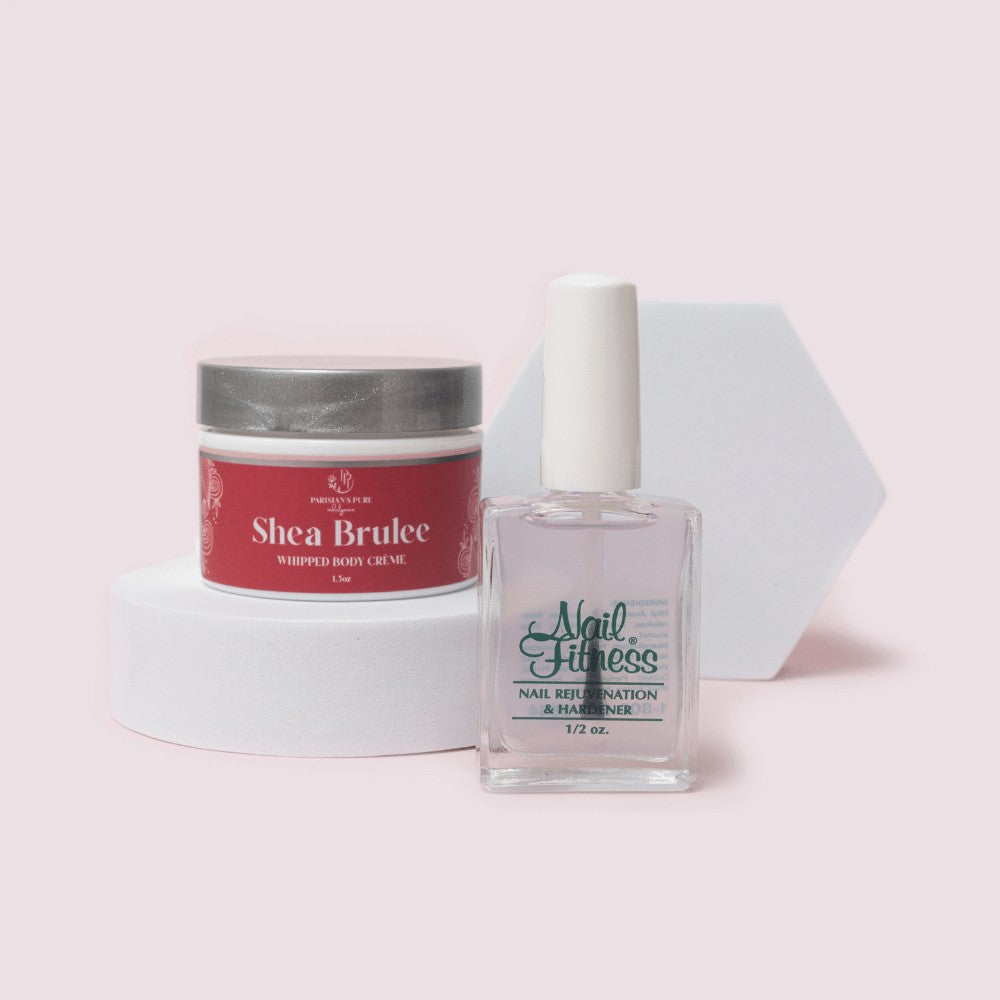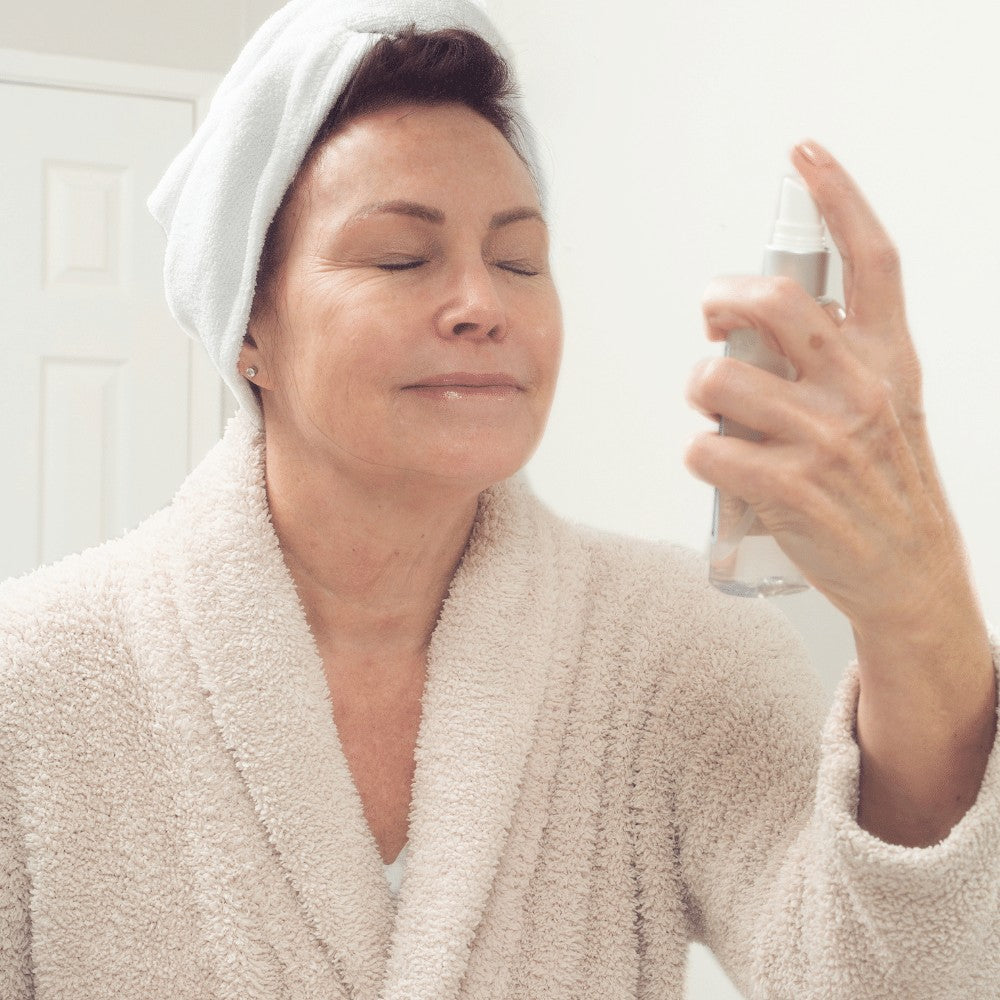Self-Care versus Self-Indulgence
Self-care and self-indulgence are two terms that are often used interchangeably, but there is a subtle difference between the two. Self-care is the act of taking care of one's physical and mental health, while self-indulgence is the act of giving in to one's desires without regard for the consequences.
Here are some of the key differences between self-care and self-indulgence:
- Intention: Self-care is intentional, while self-indulgence is often impulsive. When you engage in self-care, you are consciously making a decision to do something that will benefit your physical or mental health. When you engage in self-indulgence, you are giving in to a desire without really thinking about the consequences.
- Purpose: Self-care is done with the purpose of improving your overall well-being, while self-indulgence is often done for the sake of pleasure. When you engage in self-care, you are doing something that will help you to feel better physically and mentally. When you engage in self-indulgence, you are doing something that will give you a temporary sense of pleasure, but may not have any lasting benefits.
- Frequency: Self-care is something that you should do on a regular basis, while self-indulgence is something that you should do in moderation. When you engage in self-care, you are making a commitment to your own well-being. When you engage in self-indulgence, you are giving in to a desire that may not be good for you in the long run.
It is important to note that there is nothing wrong with indulging yourself from time to time. However, if you find yourself engaging in self-indulgence on a regular basis, it is important to take a step back and ask yourself why.
Are you using self-indulgence as a way to cope
with stress or negative emotions? Are you using it as a way to avoid dealing with difficult issues in your life? If so, it may be time to start incorporating more self-care into your life.
Here are some tips for practicing self-care:
Make time for activities that you enjoy
This could include anything from reading to taking a walk in nature to spending time with loved ones.
Get enough sleep
When you are well-rested, you are better able to cope with stress and make healthy decisions.
Eat healthy foods
Eating nutritious foods will give you the energy you need to take care of yourself both physically and mentally.
Exercise regularly
Exercise is a great way to reduce stress, improve your mood, and boost your self-esteem.

Take breaks when you need them
Don't be afraid to take a break from work, school, or other commitments when you need to.
Talk to someone you trust
If you are struggling, don't be afraid to talk to a friend, family member, therapist, or other trusted individual.
Self-care is an important part of living a healthy and balanced life. By incorporating self-care into your daily routine, you can improve your physical and mental health, reduce stress, and boost your overall well-being.
Emotional self-care involves ensuring our emotional needs are met and protected. It means taking time for valued activities that are meaningful to you.
Do you need help starting a self-care routine? Read Life with Lilia's Start Your Self Care Routine.
Do you take time for self-care?

